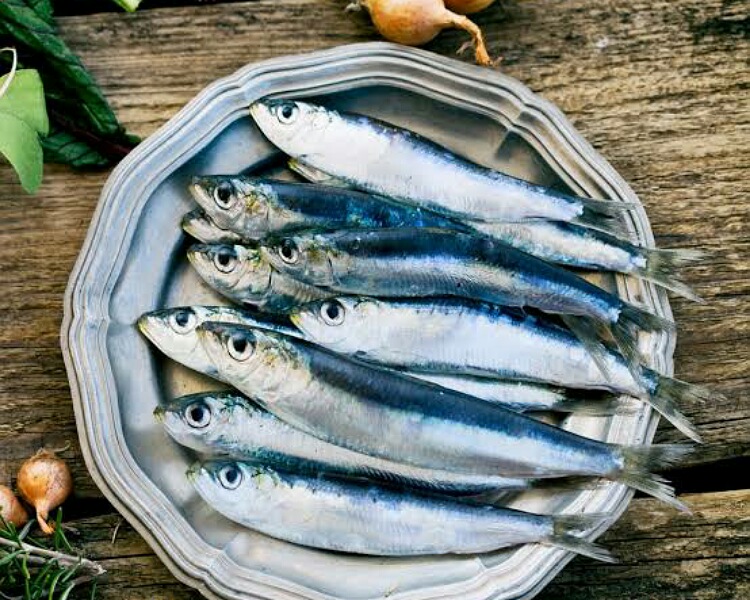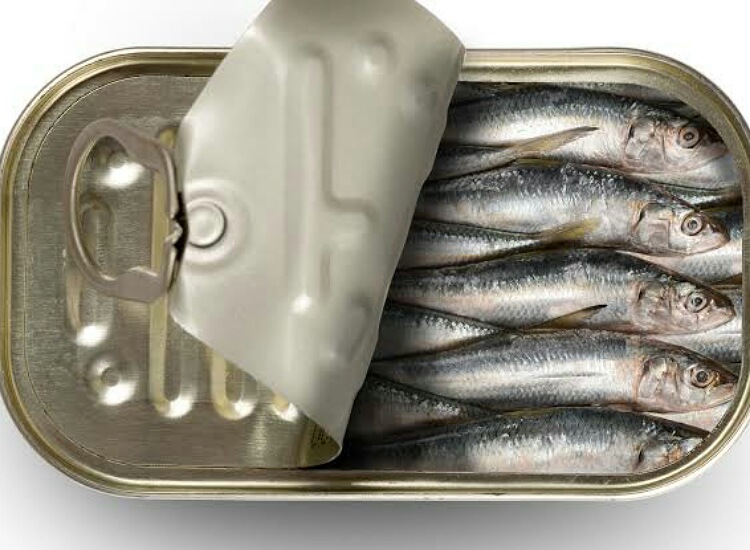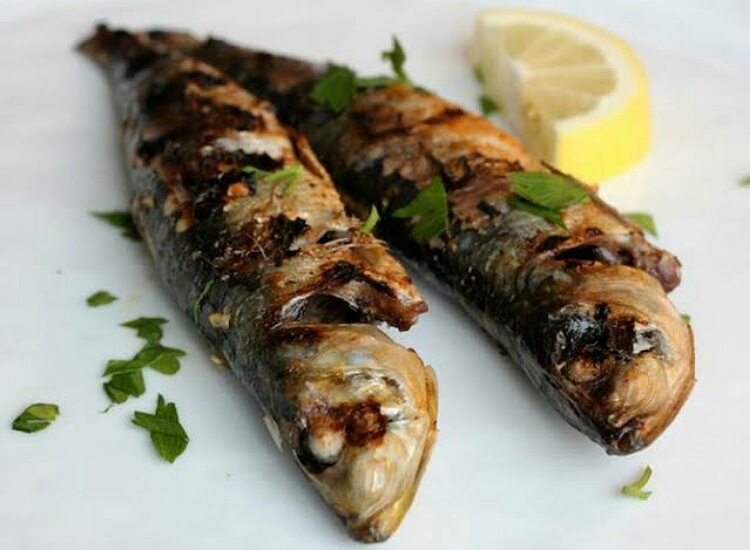Sardines are a nutritious fish variety that comes canned. They are tasteful and liked by many. You can consume them whole including their bones.
Fish has a lot of benefits for health. But it also suffers a drawback! Read on to know all about this small fish.
Sardines: tasteful and nutritious
Sardines are small silvery fish that add flavor to foods. They can be consumed whole along with their bones and skin. Many find it tasty.
These fish come in cans or tins dipped in water or oil or mustard or some spicy sauce. Several other flavorings come with it. They are packed whole.

This small fish forms a wonderful spread on crackers. They can be had on toast or added to a salad to enrich it. These fish can also be stuffed into peppers. One can be creative and add these fish to other food dishes as well for flavor and nutrition.
Nutritive value
Sardines are delicious, nutritious, and relatively cheap. Around 3.75 ounces of this fish has 22 grams of protein. It has loads of other minerals and vitamins too.
It has vitamin B2, niacin, and vitamin B12. These B complex vitamins are essential for energy production and neural tissue upkeep and function. Calcium, phosphorus, and potassium are found in high levels in this fish. There are also traces of iron and selenium in it.

This fish is rich in omega-3 fatty acids. This reduces the risk of heart disease and death. It even helps in decreasing the risk of Alzheimer’s disease.
It aids in lowering blood sugar. Compared to other fish, these fish are low in contaminants such as mercury.
Benefits and drawback
Sardines are great for bone health. Virtual medicine practitioner, Anya Rosen from New York states:
“Sardines with the bones are a great source of non-dairy calcium, which is essential for bone health,”
They are rich in not only calcium but also vitamin D. The latter helps in the absorption of calcium. It provides 22% of our daily requirements of vitamin D.

The omega-3 fatty acids in this fish can reduce the likelihood of cardiovascular diseases. Dietitian Bethany Keith says:
“A diet rich in omega-3 fatty acids has many potential benefits, including lower cholesterol, lower levels of inflammation, and lower risk of developing heart disease,”
2 servings of 175 grams each in a week decrease the chances of heart disease. Additionally, the fish provides an energy boost. These fish have vitamin B12. A deficiency of this vitamin can cause weakness, fatigue, and shortness of breath. Though sardines will not give instant energy, one will feel full of energy regularly.
Read more What is a Nordic diet? Foods are allowed, excluded, and different from the Mediterranean diet!
But the fish can cause a gout flare-up. Gout is a painful joint disease that occurs with a higher intake of purine-containing foods.
The body converts these purines to uric acid crystals that deposit around the tissues of the joint to cause pain. Emma Laing from the Academy of Nutrition and Dietetics says:
“A high intake of sardines might contribute to flare-ups among gout sufferers, and some varieties of canned sardines can have a high sodium content,”
